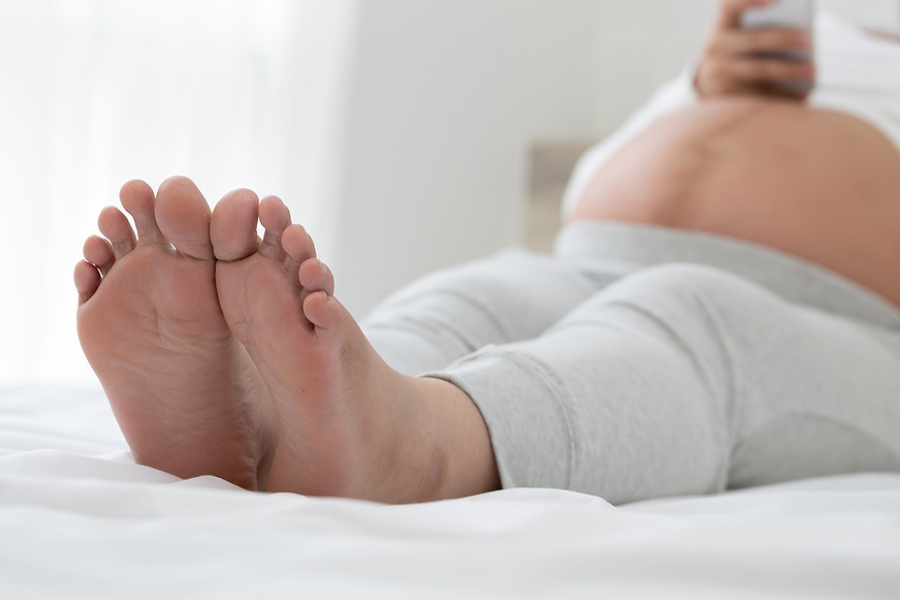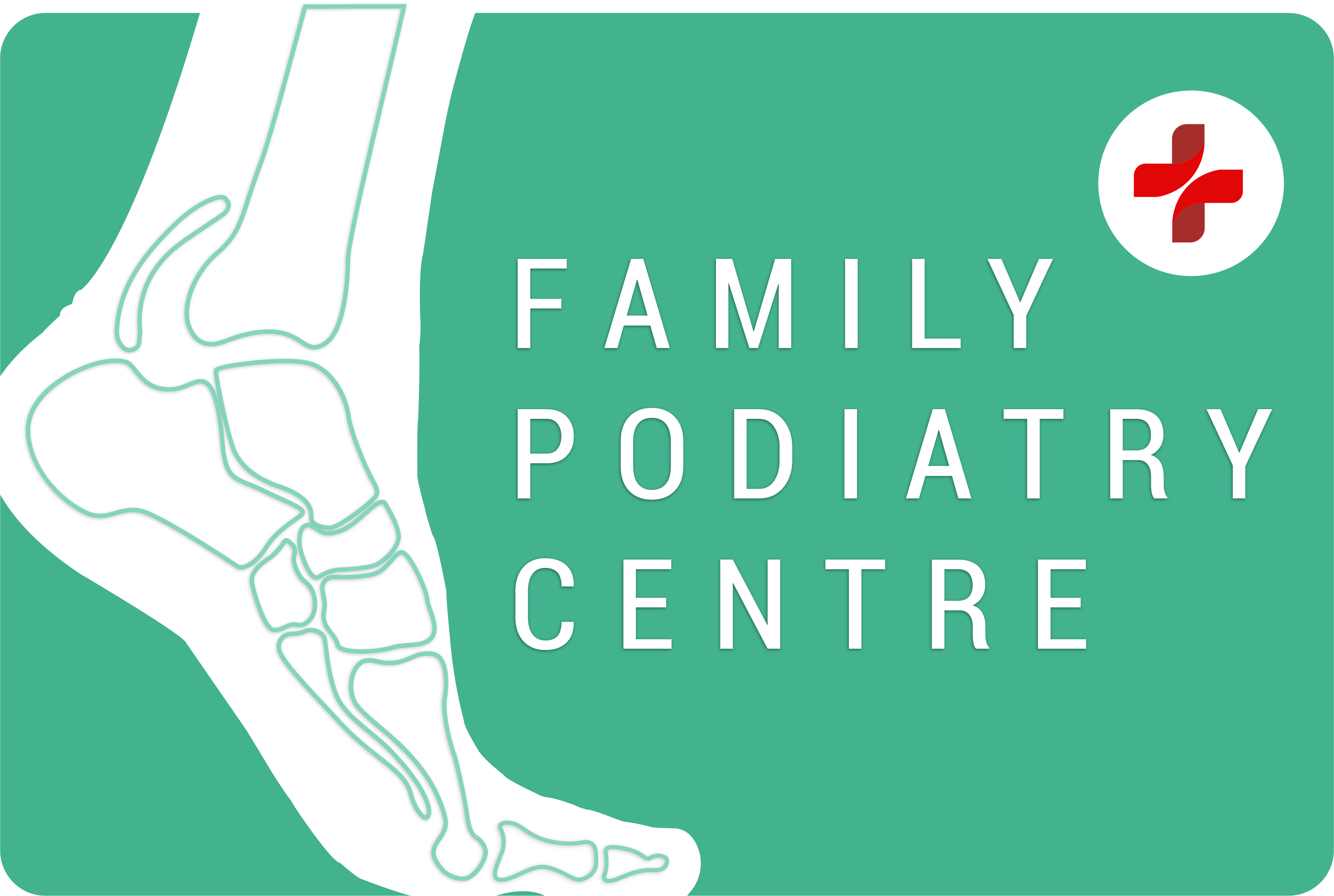Why Your Feet Hurt During Pregnancy: Understanding the Causes

Pregnancy brings many changes to a woman’s body, and not all of them are welcome. While swollen ankles and sore backs are expected, foot pain during pregnancy often catches many women by surprise. In Singapore, with our humid climate and long walking commutes in malls, MRT stations, or wet markets, these foot issues can feel even more intense. Prioritising foot health and understanding the causes of pregnancy-related foot pain can help you find the right support and care to ease your journey to motherhood.
Hormonal changes and ligament relaxation
One of the first reasons feet may begin to hurt during pregnancy is the effect of a hormone called relaxin. This hormone is essential for preparing the body for childbirth by relaxing the ligaments in the pelvis. However, relaxin does not only target the pelvic region. It circulates throughout the body, softening ligaments and joints in the feet as well. As a result, the arches of the feet may collapse slightly, leading to overpronation—a condition where the feet roll inward excessively while walking. Over time, this can cause strain on the muscles and ligaments in the feet, ankles, and lower legs, leading to pain, especially in the heel or arch area.
Increased body weight and pressure on the feet
As the pregnancy progresses, the growing baby adds weight to the mother’s body. This increased weight places more pressure on the feet, particularly on the arches and heels. Research shows that many pregnant women experience flattening of the arches and increased foot length as their pregnancy advances. These biomechanical changes can contribute to foot fatigue, aching soles, and in some cases, conditions like plantar fasciitis (Gianakos et al., 2022).
Footwear plays a key role here. Wearing unsupportive slippers or flat sandals without arch support, a common choice in tropical Singapore, can worsen the pain. Proper footwear that provides cushioning and arch support can help reduce the strain and offer much-needed relief.
Swelling and water retention
Oedema, or swelling due to fluid retention, is another common concern during pregnancy. The hormonal changes and increased blood volume during pregnancy cause fluids to accumulate in the lower extremities. This condition tends to worsen in the third trimester and after standing or walking for long periods.
Swelling also compresses the surrounding nerves and tissues, sometimes leading to tingling or numbness. Simple home strategies like elevating the feet, wearing compression socks, and avoiding prolonged standing can help ease this discomfort.
Changes in posture and gait
Pregnancy changes the body’s centre of gravity, especially in the second and third trimesters. To maintain balance, many pregnant women adjust their posture by leaning backwards, which alters the alignment of the spine, hips, knees, and feet. This compensatory change in gait can create additional stress on the feet and lower limbs.
Such biomechanical shifts can lead to secondary conditions like shin splits, particularly if a pregnant woman tries to stay active with walking or light exercise but lacks proper footwear support. For those experiencing pain along the front of the lower leg, targeted shin splits relief strategies from a qualified podiatrist can be beneficial.
Pre-existing foot problems may worsen
Women with pre-existing foot conditions such as bunions, flat feet, or heel spurs may find their symptoms intensify during pregnancy. The added weight and hormonal changes can exacerbate inflammation and pain in these areas. Moreover, conditions like gestational diabetes can also affect nerve health, increasing the risk of developing burning or tingling sensations in the feet.
Early assessment and management are key to preventing these problems from worsening. A visit to a foot clinic in Singapore that specialises in pregnancy-related foot issues can help address symptoms before they escalate.
Safe relief strategies during pregnancy
Fortunately, there are several safe and effective ways to manage foot pain during pregnancy. These include:
- Wearing well-cushioned shoes with good arch support
- Using orthotic insoles prescribed by a podiatrist
- Doing gentle foot stretches and calf exercises
- Elevating the feet several times a day
- Applying cold compresses to reduce swelling
- Staying hydrated to minimise water retention
It is important for pregnant women to listen to their bodies and avoid pushing through foot pain. If discomfort persists or interferes with daily life, consulting a professional trained in pregnancy foot care is strongly advised.
Your feet deserve care during this journey
Foot pain during pregnancy is not just a minor inconvenience—it is a sign that your body is working hard to support a new life. At Family Podiatry Centre, we provide personalised podiatric care tailored to the unique needs of expectant mothers. Whether you're experiencing discomfort from arch pain, swelling, or biomechanical changes, we are here to support your steps toward a healthier pregnancy.
References:
1. Gianakos, A. L., Abdelmoneim, A., Kerkhoffs, G. M., & DiGiovanni, C. W. (2022). The Pregnant Patient - Why Do My Feet Hurt?. The Journal of foot and ankle surgery : official publication of the American College of Foot and Ankle Surgeons, 61(6), 1357–1361. https://doi.org/10.1053/j.jfas.2022.04.004
